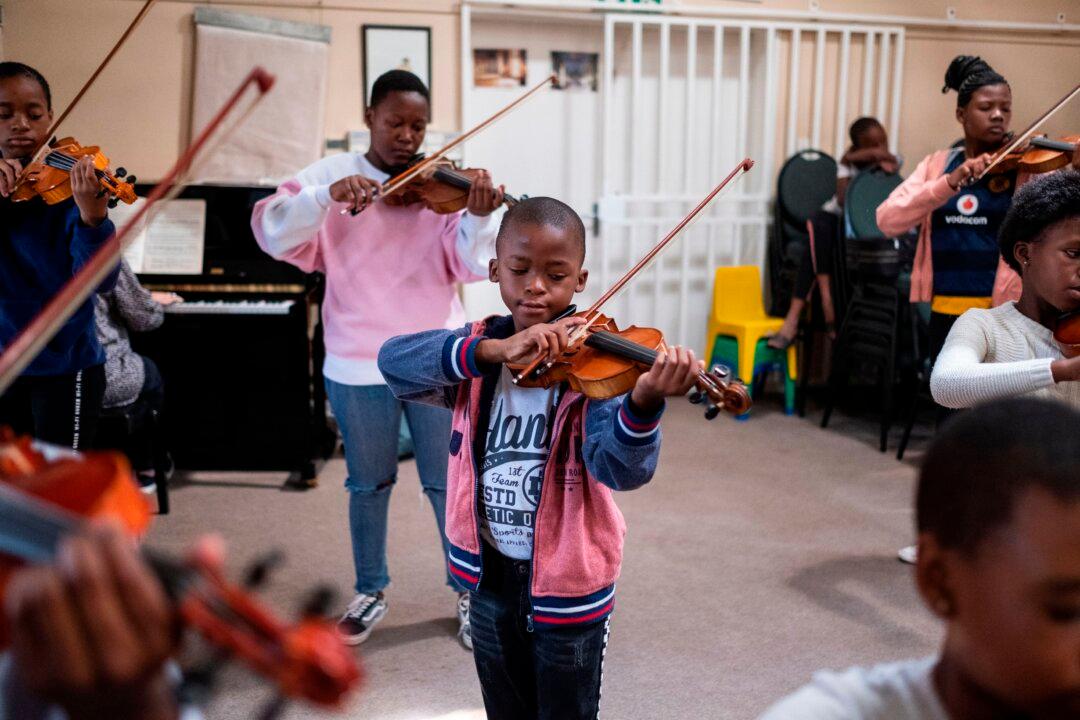An Australian study has suggested that joining a music group in a school or community choir, orchestra, or band could be the answer to developing children who are empathetic and resilient team players.
Researchers from the University of Tasmania examined musicians aged from 14 to 25, and collected comments from managers, conductors, and teachers from the state youth orchestras, specialist ensembles, and two choirs between 2021 and 2022.






